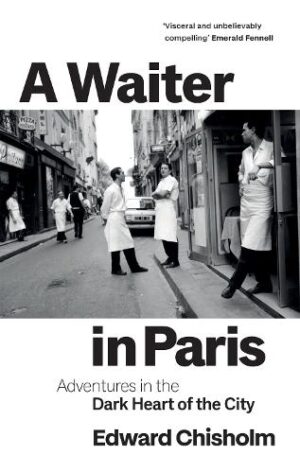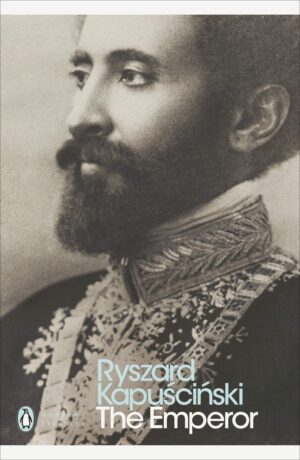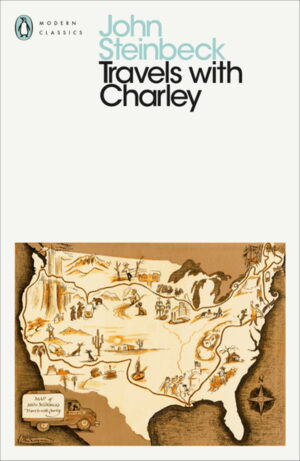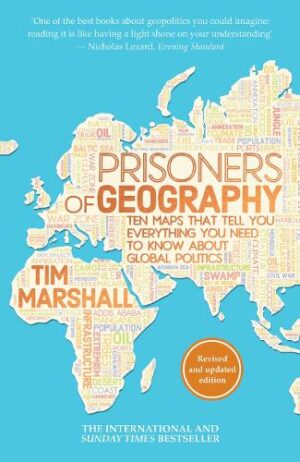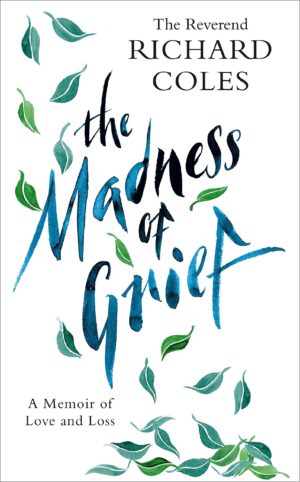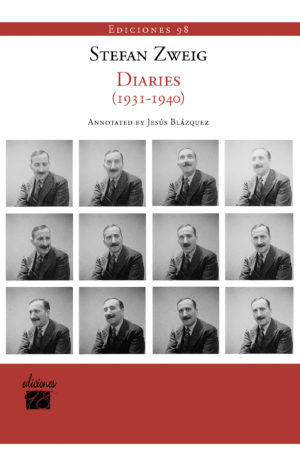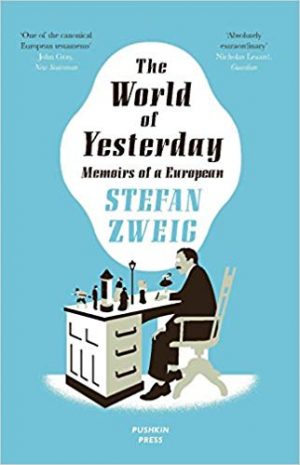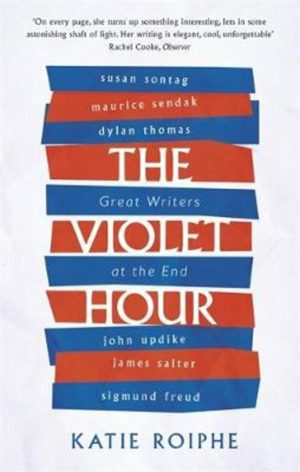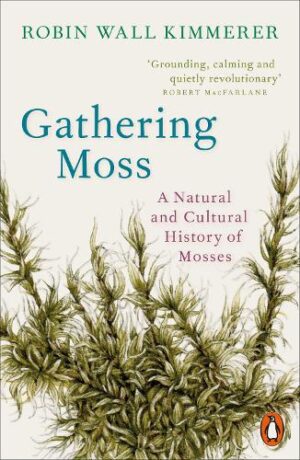
Review by Kirstin
Gathering Moss
Small is beautiful
First emerging from the oceans to live on land over 350 million years ago, the humble moss plant is an evolutionary pioneer. The natural world is blessed with an amazing 22,000 varieties, and yet its entry in the English Dictionary insults with its miserly wordage. The splendid Gathering Moss by Robin Wall Kimmerer seeks to introduce us to these beautiful ‘rainforests in miniature.’ A scientist and proud Native American, Kimmerer combines biology, cultural history and indigenous philosophy. In this deliciously unexpected bestseller, we learn not only the history of an unsung plant hero, but the forgotten practice of true attentiveness.




